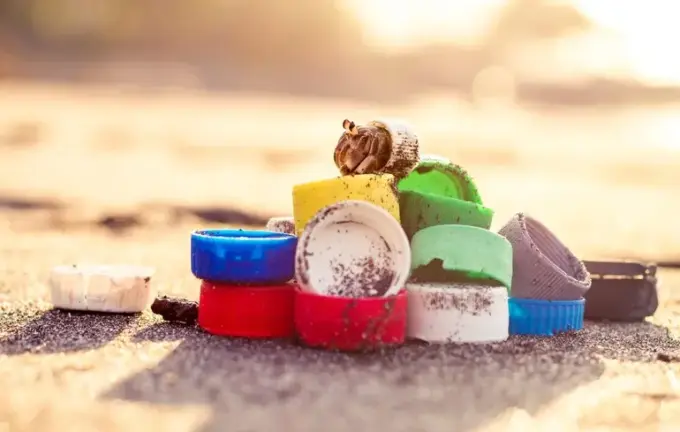The Intergenerational Challenge of Plastic Pollution in the World’s Oceans

The international community and scientists warn of a prolonged and complex problem of plastic pollution in the global oceans, which could turn into an intergenerational catastrophe.
Recent studies indicate that approximately 170 trillion pieces of plastic are now floating in the world’s waters—a colossal amount with devastating impacts on marine ecosystems.
Experts emphasize that even if plastic production ceased immediately, its remnants would remain in the oceans for at least a century.
The primary reason is the slow decomposition of large plastic debris, which on the surface transforms into billions of micro-particles capable of migrating into the depths of the oceans.
Over time, these particles settle on the seafloor along with marine snow—organic residues falling from upper water layers—though this process is extremely slow and prolonged.
Particularly alarming is the accumulation of plastic in the deepest and coldest parts of the ocean, where cold temperatures and lack of UV radiation significantly hinder degradation.
Dr.
Nan Wu from Queen Mary University of London highlights that nearly 94% of plastic ends up on the ocean floor and can remain unchanged for hundreds of years, posing challenges not only to marine life but also to humanity.
Many chemical components of plastic contain toxins that can penetrate human tissues, leading to concerns about long-term health impacts.
NOAA experts warn that excessive plastic debris could disrupt the natural circulation of ocean currents, affecting temperature and nutrient distribution, ultimately impacting global climate and marine ecosystems.
Annual plastic production exceeds 500 million tons, with a significant portion entering the environment.
Microplastics are now found everywhere—from rivers and lakes to the atmosphere—and recent research shows their presence in human tissues, raising concerns about health risks.
Scientists urge immediate actions, including reducing plastic production and developing technologies for its safe disposal, to prevent an even greater ecological crisis in the future.

